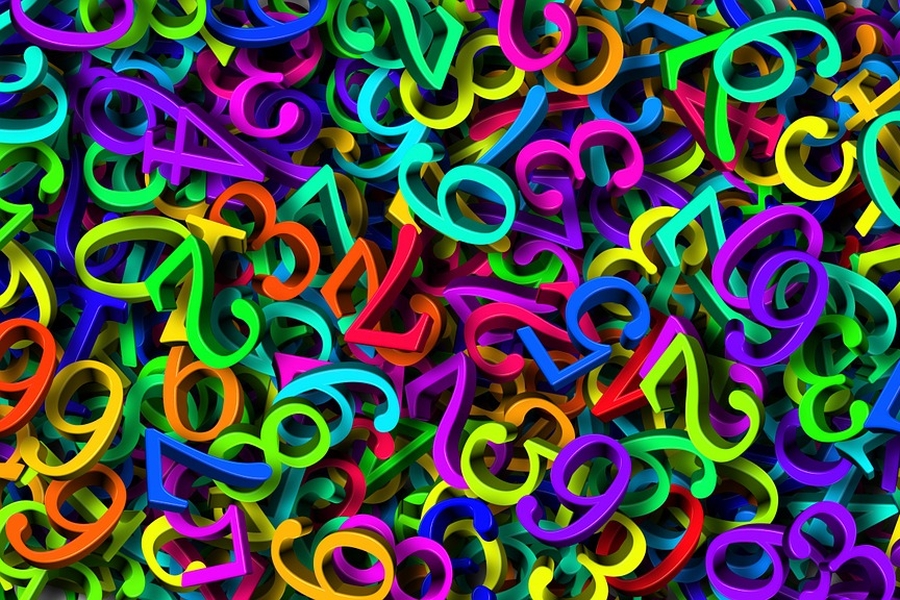The colour of numbers
Source: Prime's PUMA 2013.
It's not possible when using only three colours.
Suppose it is possible; let's say we're using the colours red, blue and green.
As for each non-zero natural number \(n\), \(0\cdot n=0\) and \(0+n=n\), \(0\) has to get a colour different from any other natural number. Without loss of generality, let \(0\) be green. As a consequence, all other numbers must be either red or blue.
Furthermore, for each non-zero natural number \(m\), \(1\cdot m=m\) must have a different colour than \(1+m\). This leaves us to colour all non-zero odd numbers red and all non-zero even numbers blue.
We get our contradiction by taking two different, non-zero, even numbers, e.g. \(2\) and \(4\). Their sum is \(6\), while their product is \(8\). These two numbers are even, and thus have the same colour.
